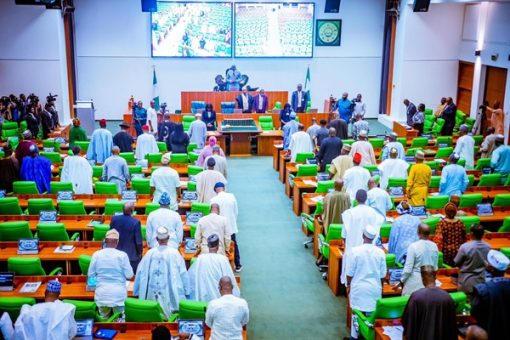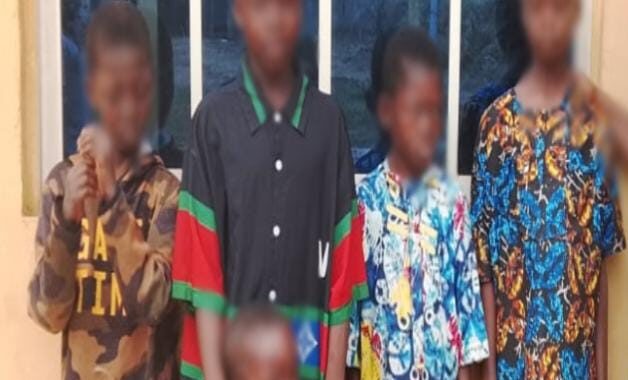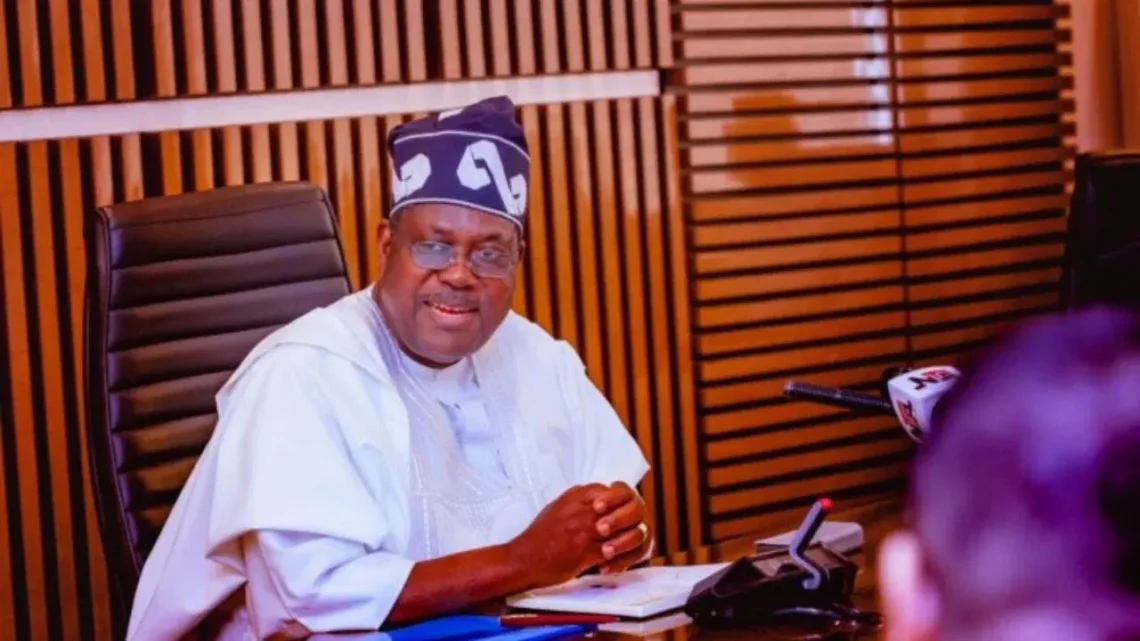The House of Representatives has proposed a far-reaching constitutional amendment that would reserve 10 per cent of National Assembly seats for women and five per cent for persons with disabilities (PWDs), in a bold effort to address Nigeria’s long-standing representation gaps.
Speaker of the House, Tajudeen Abbas, who announced the proposal during the opening of the 2025 National Assembly Open Week and the launch of the 10th House Midterm Legislative Scorecard in Abuja on Tuesday, said the reserved seats would be enshrined in the Constitution to guarantee long-term inclusivity.
Under the proposed arrangement, 83 additional seats would be created exclusively for women — 55 in the House of Representatives, increasing its membership from 360 to 415, and 28 in the Senate, bringing the total number of federal lawmakers from 469 to 552.
The five per cent quota for PWDs would be drawn from existing seats, with candidates nominated by accredited disability advocacy organisations.
“These seats would be filled through direct elections on separate ballots and staggered to promote continuity and mentorship.
“Those elected would enjoy the same rights, privileges, and committee assignments as their peers in the legislature, reinforcing full integration into the legislative process,” Abbas said.
He lamented the historical marginalisation of women in Nigerian politics, noting that female representation at independence in 1960 stood at less than one per cent. It rose marginally to two per cent by 1990, and has since hovered around four per cent in both chambers, despite women comprising half the country’s population.
The Speaker cited international models such as Rwanda and Senegal, where similar quotas helped catapult female parliamentary representation to over 30 per cent in just one electoral cycle.
He said Nigeria must follow suit to ensure fairness, equity, and democratic growth.
Abbas also presented a detailed midterm report of the 10th House’s legislative performance.
He revealed that within two years, the House introduced 2,263 bills, of which 1,478 had passed second reading.
A total of 237 bills were transmitted for presidential assent, with 55 signed into law, including key legislation on tax reforms, electricity, arms control, and student loans.
According to him, lawmakers also sponsored over 1,100 motions, more than a third of which addressed urgent public concerns such as flood disasters, health crises, and insecurity. Oversight efforts included over 1,000 committee meetings, 300 site inspections, and scrutiny of more than 200 ministries, departments, and agencies (MDAs), resulting in the recovery of mismanaged public funds and policy corrections.
The House also received 621 petitions from the public, with 24 fully resolved, 30 dismissed for lack of merit, and 567 still under active consideration.
Looking ahead, Speaker Abbas reaffirmed the House’s commitment to key constitutional reforms, including proposals on state policing, devolution of natural resource control, fiscal responsibility, and stronger human rights protections.
He pledged sustained engagement with state assemblies and other stakeholders to ensure the success of the gender and disability quota amendment.
“This is more than legislation, it is a national imperative. We must remove the systemic barriers that have kept millions of Nigerians outside the corridors of power,” he said.
WARNING: If You Are Not 18+, Don’t Click The Link Below 👇🫣
https://abnormalitylovingmammal.com/kx6iepv2qm?key=6c14bd1d68e1eba721851f19778f5efe
https://poawooptugroo.com/4/8902554
Please don’t forget to “Allow the notification” so you will be the first to get our gist when we publish it.
Drop your comment in the section below, and don’t forget to share the post.
Never Miss A Single News Or Gist, Kindly Join Us On WhatsApp Channel:
https://whatsapp.com/channel/0029Vad8g81Eawdsio6INn3B
Telegram Channel:
https://t.me/gistsmateNG




